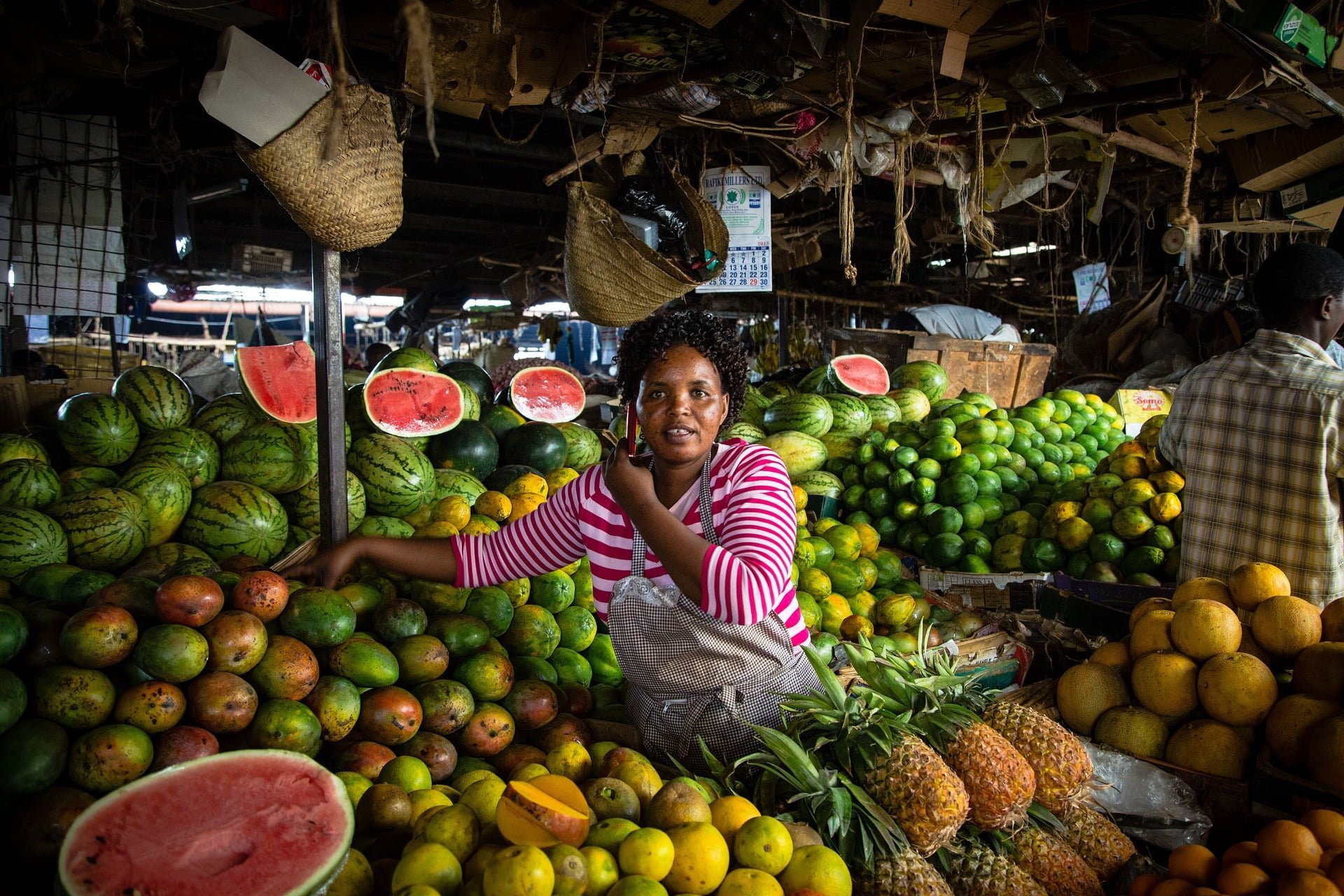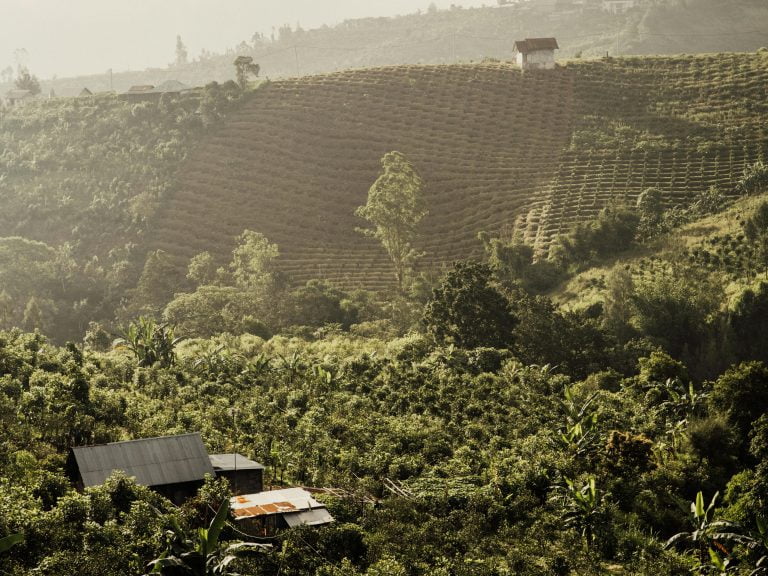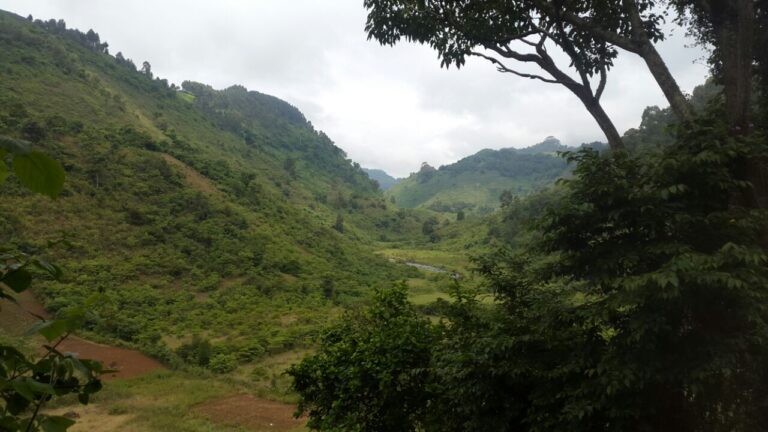Generations of Quality
While the commodity coffees sold by Dunkin Donuts and Folgers are still the norm in the 21st century, at the beginning of the 20th century, consumers were, in some ways, more discerning. Coffee importers sought quality. In 1933. Kenya wanted to capitalize on that. They established a national coffee board, auction system, and farming protocols to promote quality. Almost a century later, they still produce some of the world’s best coffees.
Kenya’s SL Varieties
Once you’re familiar with them, Kenyan coffees can be easy to identify. This isn’t just the result of terroir and processing, but the unique genetics of Kenyan coffee. Selectively bred for quality in the 1930s at a research center called Scott Agricultural Laboratories. one of these varieties, called SL28, was considered to be the most prized. This month’s coffee is exclusively made up of SL28 and may be recognizable if you’re familiar with Kenyan coffee. It’s intensely sweet and complex in flavor.
The Beans in The Bag
Members of the Ndumberi Farmers Cooperative Society contributed to this stellar lot. The coffee was milled at the Riabai Coffee Factory (wet mills in Kenya are called factories), about ten miles outside of the capital city of Nairobi, where they focus as heavily on sustainability as they do quality. Coffee cherries are hand sorted twice before they’re milled using recycled water, which adds to flavor complexity. Fruit pulp is then turned into fertilizer. These practices are common in specialty coffee but particularly important in Kenya’s arid climate.




